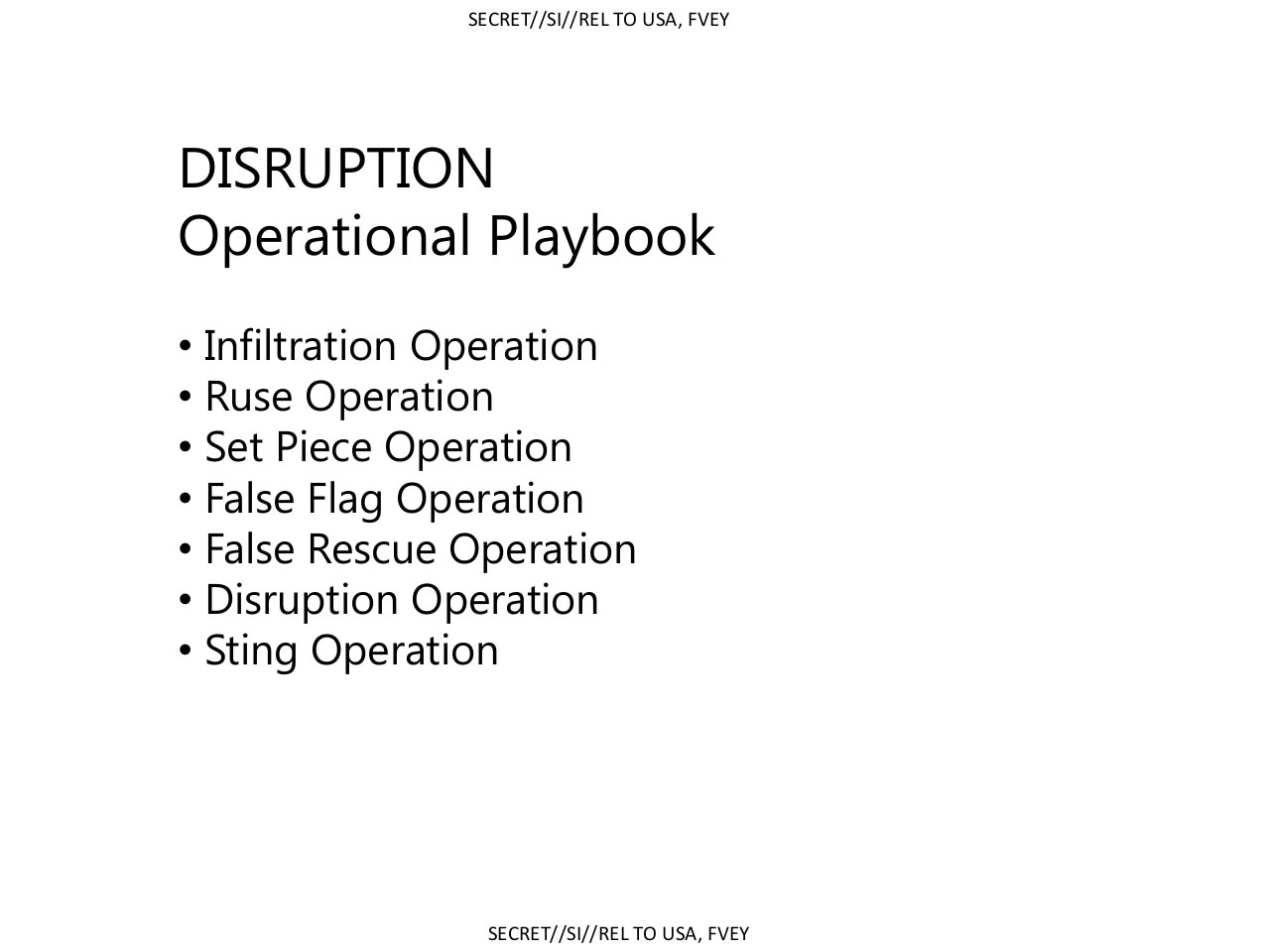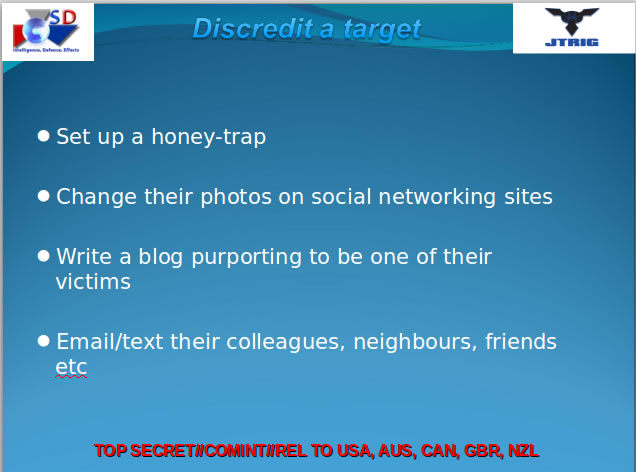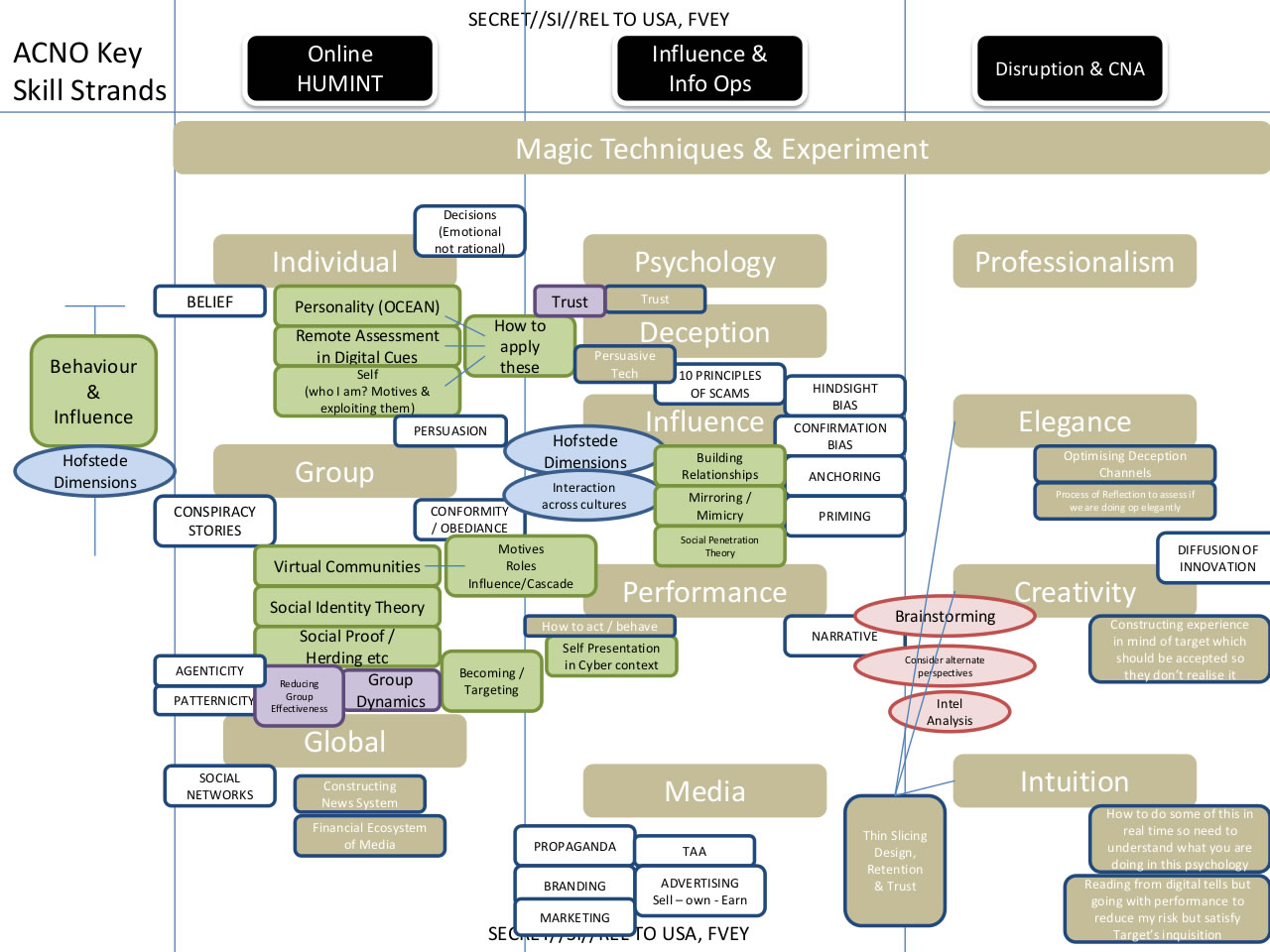by Sam Rolley
The Internet has provided a forum for average people throughout the world to disseminate, share and debate information unattenuated by gatekeepers in the mainstream media and their politically connected friends. New media outlets like Personal Liberty Digest™ have, for years, been warning readers that the well-connected and ruling elite, displeased by this newfound proletariat freedom, have been prolific in attempts to undermine and marginalize information provided by any media outlet unwilling to obey the same unspoken rules that govern the content choices of major media outlets.
Now, thanks to the efforts of National Security Agency whistle-blower Edward Snowden and journalist Glenn Greenwald, readers no longer have to take the word of “paranoid” bloggers who relate tales of paid government trolls lurking in comment sections and other concentrated top-down efforts to muddy the information provided by alternative media.
On his The Intercept blog this week, Greenwald provides documents from Snowden’s NSA cache which provide a look at some of the tactics employed by the British Government Communications Headquarters (GCHQ), a spy agency that has been shown to have a close working relationship with the American spy agency.
The documents deal largely with the goals of GCHQ’s previously secret Joint Threat Research Intelligence Group (JTRIG), an apparatus whose mission Greenwald describes thusly: “Among the core self-identified purposes of JTRIG are two tactics: (1) to inject all sorts of false material onto the internet in order to destroy the reputation of its targets; and (2) to use social sciences and other techniques to manipulate online discourse and activism to generate outcomes it considers desirable.”
The journalist relays, “To see how extremist these programs are, just consider the tactics they boast of using to achieve those ends: ‘false flag operations’ (posting material to the internet and falsely attributing it to someone else), fake victim blog posts (pretending to be a victim of the individual whose reputation they want to destroy), and posting ‘negative information’ on various forums.”

Another slide encourages intelligence agents to employ tactics such as luring targeted individuals into a compromising sexual controversy via a “honey trap” or falsely pretending to be a victim of some misdeed committed by the target:
Similarly, the agency provides Internet tactics for launching disinformation attacks against businesses and organizations that run afoul of power systems:
The most disturbing confirmation provided in the newly publicized intelligence documents is that spy agencies in Western nations with free speech guarantees have been given carte blanche authority from political leadership to target private individuals and organizations deemed uncooperative with the will of the state with ruthless online reputation-destruction efforts.
Greenwald provides that the tactics mentioned in the leaked documents “extend far beyond the customary roster of normal spycraft: hostile nations and their leaders, military agencies, and intelligence services.”
“In fact, the discussion of many of these techniques occurs in the context of using them in lieu of ‘traditional law enforcement’ against people suspected (but not charged or convicted) of ordinary crimes or, more broadly still, ‘hacktivism’, meaning those who use online protest activity for political ends.” Greenwald writes.
It is implied that the aforementioned tactics are reserved for “hacktivists” and other online actors involved in malicious attacks on government systems; but these documents reveal that Western spy agencies with the purported mission of recognizing and preventing terror activity possess the ability and absolute willingness to implement utterly Orwellian controls on free speech. In other words, it takes no stretch of the imagination — even for those who have resisted considering the possibility of malevolent intent on government’s part — to assume that the mission of organizations like the NSA and GCHQ is ultimately more about quelling citizen dissent than stopping citizen bloodshed at the hands of terrorists.
Another set of documents provided by Greenwald reveals the extent to which the spy agencies are willing to go in order to place inhibit the ability of dissenters to have informed, intelligent discussion related to public grievances with government leadership.
“Then there is the use of psychology and other social sciences to not only understand, but shape and control, how online activism and discourse unfolds,” the journalist writes. “Today’s newly published document touts the work of GCHQ’s ‘Human Science Operations Cell,’ devoted to ‘online human intelligence’ and ‘strategic influence and disruption.’”
That’s right; Western governments have thoroughly researched how their citizens interact online and devised plans accordingly to disrupt intelligent public discourse.
A bank of slides from the Snowden leak documents methods of best identifying different personalities during online interactions:
The slides also instruct agents in methods of “gaming,” or influencing, the outcomes of online interactions between citizens:
Americans can bet that the NSA’s position on responding to the accusations is identical.
Those who hold a “dangerous servant, fearful master” view of government don’t really need a meaningful answer from either agency. The mere existence of documents like those published this week provides that the nefarious and long-suspected Internet activities of Western propagandists are not just plausible — they have very likely occurred in the comment sections and social media posts of articles like the one you are reading now.
That means any activity a person does online could provide the opportunity to be squarely across the proverbial table from a government propaganda troll.
And if, even with reasonably sound evidence, it still seems unbelievable that the U.S. or British governments would go to such lengths control the flow of information and opinion among citizens, consider that it’s only natural. Not even ivory tower academics deny that the governments of both nations have long influenced information and opinions permitted on each of the largest mass media markets via a complex combination of incentive and influence.
Wouldn’t it be reasonable to assume that governments in free speech countries would need to restructure their approach to propagandizing the masses and extinguishing brushfires of dissent in an era when the Internet has provided a vehicle for any person, anywhere, at any time to reach a broad audience?
Even if it doesn’t, it wouldn’t hurt to err on the side of caution — unless you’d like to see your children and grandchildren inherit an Internet with the same free speech value of today’s network news environment.









No comments:
Post a Comment